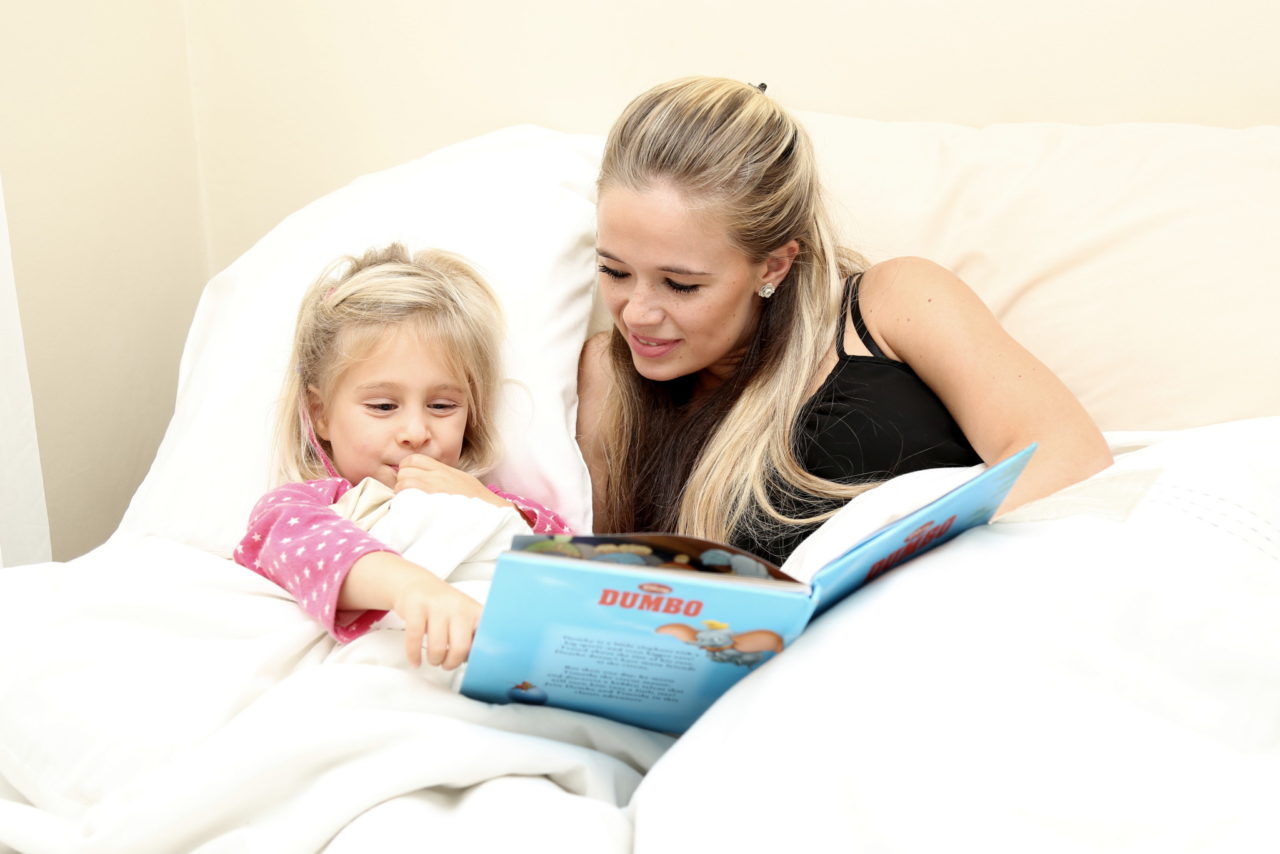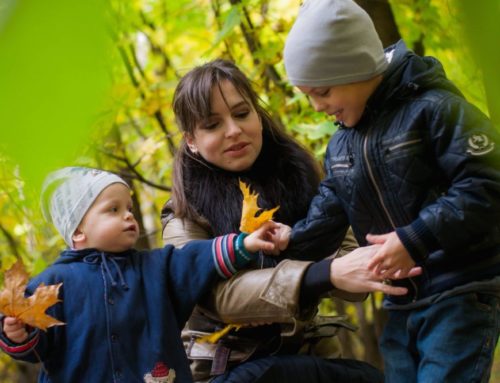
Every year we’re dealt a dose of those old winter bugs that bring the common cold and chesty coughs to our normally healthy children. Sometimes, we’re bewildered that our child has picked up a dreaded sniffle because we feel we’ve taken good care to avoid exposure to germs and have made sure that healthy eating, vitamins and keeping warm are part of our winter defense regime.
However, as parents we can’t always be perfect – and we certainly can’t control every bug floating on the chilly breeze. Kids have a way of being more vulnerable to close contact with others and changes in temperature – and every parent knows there are going to be those days when their child’s otherwise robust immune system is going to take a knock.
There are many over the counter remedies that can help – but not all of these are necessarily good – especially when you’re dealing with these bugs year after year. So how can you protect your child in avoiding these dangers or dealing with the consequences in the simplest, safest, most natural way possible?
Germs, Temperature and Immune Systems
Ears
Keeping your child’s head and ears warm is a key factor in warding off chills. The area around the ears is delicate and vulnerable – an area that when warmed, can help to warm the entire body. Staying warm, keeping an even body temperature, is useful in keeping winter viruses from gaining the upper hand.
Cleanliness
This is another simple defensive tactic. Keeping hands clean as much as possible helps to protect your child from the transfer of a variety of germs, especially when they are with other children. Colds are usually passed from person to person by touching contaminated objects, including doorknobs or toys. So basic measures, such as making sure your kids wash their hands often, while not an easy regime to instill, can certainly be helpful as a preventative measure, especially when backed by immune-building supplements such as vitamins A, C, D and herbal teas.
Congestion
Lemon is excellent for drying up congestion. The addition of honey provides a soothing coating for the throat. Mix a tablespoon of each, microwave for 20 seconds until warm (not hot), and give your child a teaspoon at a time.
Caution: Honey is not safe for babies under 1 year.
Saline solution – using a nasal wash with a seawater solution helps all family members get over colds faster and strengthens the immune system. Saline nasal drops can help relieve congestion, especially in an infant’s small nasal passages. Because babies breathe through their noses and not their mouths, breaking up nasal congestion can make it easier to breathe, allowing a baby to nurse or drink from a bottle more comfortably. Place a few of the salt water drops in each nostril to thin the mucus, wait at least 60 seconds, then gently remove discharge. For infants, try this before feeding.
Nausea
For children aged 2 and older, add a teaspoon of shredded fresh ginger to four ounces of boiling water, and let it steep for 4 – 5 five minutes. You can add a bit of honey to make it taste better. This is an extremely good remedy for car sickness.
Natural immune boosters
Fish oil
Remember the daily spoonful of cod liver oil your mother (or grandmother) dosed you with? Well, now we know there’s real science behind the practice. Fish oils are rich in essential fatty acids, including omega-3s, so they provide a powerful immune boost. Fish oil can stave off colds and ear infections in children. Make sure to look for the words: pharmaceutical grade and distilled, which mean that the product does not contain mercury or other metals, PCBs, dioxins, or other impurities.
Garlic
Garlic contains allicin, a compound which has been known to have anti-bacterial properties. The only problem is that children rarely find it palatable. Try mincing the garlic very finely and adding to a light sauces and various dishes to disguise the taste as much as possible.
Herbs
Essential oils or teas made from dried herbs have been shown to work well for children older than six months. There are some strong expectorant herbs, such as thyme, eucalyptus, mint, pine, licorice, and anise that are effective in bringing up mucus. To soothe a tight cough, you can try thyme, slippery elm, peppermint or lemon balm. Add a drop or two of an essential oil to a cup of massage oil, and gently rub the mixture into your child’s chest and back. Cough drops with slippery elm or licorice will also give some relief.
Tea
Herbal tea provides respite from a number of complaints. Mint, lemon and ginger tea are excellent for colds and flu – and act as a good preventative measure. If your child objects to hot tea, you can add some honey and freeze it into ice-pop molds. These on a summer’s day are refreshing and good for building the immune system as winter approaches.
Honey
Honey has several beneficial effects that bode well for building a healthy system to fight infections. Honey is an energy boost of natural sugar and so helps to alleviate fatigue and feelings of being ‘run down’. It can improve the digestive system; food better absorbed helps to strengthen the immune system. As a powerful anti-oxidant and with strong immune-building properties, honey contains bacteria that kill infection. Tea or hot liquids made with honey plus lemon, ginger and cinnamon are perfect for cold winter evenings and for fighting the first signs of winter sniffles.
Caution: Honey is not safe for babies under 1 year.
Homeopathic solutions
There are several homeopathic solutions for colds, coughs, flu, congestion, etc., you only have to check with your stockist. However, Umcka Cold Care, which comes in drops, tablet, syrup or powder, has been shown to lessen the effect of colds on kids, relieving sore throats, coughs, and congestion. Sambucus has proved efficacious as well – it’s an organic product made with black elderberry extract which works particularly well with colds and flu. In South Africa, this product is readily available at Dischem Pharmacies under the name Sambucol.
Whether your child has a cough, a cold, or the flu, you can try these gentle, effective, and safe home remedies. A cold or flu usually takes about ten days to run its course. While none of these home remedies will shorten your child’s illness, they may help him feel a lot better. Be sure to heed the age levels on the labels though, not all remedies or alternative medicines are safe for children under six. So be investigative, but be prudent and safe.
Children can present challenges, but also offer life’s greatest rewards.
Munchkins is a powerful resource to assist you with every step of parenting – from the first tooth through to tantrums and sleepless nights, and beyond. We offer a range of practical solutions for your family, providing talks and workshops with simple and easy to apply advice for all ages. We promote ‘back to basics’ parenting solutions tailored to your individual family needs. Brought together by passion, our coaches undergo training and a carefully constructed mentorship programme, so that you can experience peace in the home.
Find out more about us at https://www.munchkins.me/





